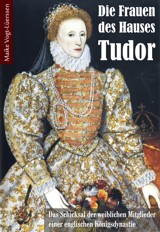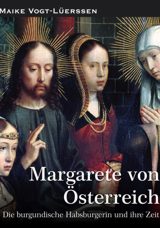Am 19. Dezember 1657, einem Mittwoch, erschien Louise Hollandine nicht zum Mittagessen bei ihrer Mutter. "The failure of the artist-princess Louise to appear for the mid-day meal did not at first cause alarm. She had vaguely mentioned some scheme of visiting acquaintances at Scheveningen. The results of enquiries made in the household as to her expedition, however, were disquieting. No carriage was missing from the stables, no attendants were absent. Neither halberdier, footman, page, lady-in-waiting nor fille de chambre had seen anything of the princess since last night. She had apparently left the house in darkness, on foot, alone and without money. Her bed-chamber was searched, and a note addressed to her mother was found. The gist of this entirely formal document was that when the princess arrived at her destination which she was not yet at liberty to disclose, she hoped to inform her Majesty of her reasons for taking the veil in a Catholic nunnery." (in: Carola Oman: Elizabeth of Bohemia, id., pp. 397-398).
Was war geschehen? "Before daylight that morning she [Louise Hollandine] had silently quitted the house ... and taken her solitary way to Delfshaven. There, the priest of a M. La Roque, captain of the Guard to William II, Prince of Orange, had escorted her aboard a ship bound for Bergen op Zoom. Her destination was Paris, via the English Carmelite convent at Antwerp. The Queen of Bohemia never saw her most congenial daughter again." (in: Carola Oman: Elizabeth of Bohemia, id., p. 399). Laut einer engen Freundin des Hauses, einer Marie von Bergen op Zoom, Prinzessin von Zollern, sei Louise Hollandine in ein Kloster geflohen, um die Geburt eines unehelichen Kindes zu verheimlichen. Aber es gab viele Zeitgenossen, die diese Aussage für eine Lüge hielten. "Louise passed from Henrietta Maria's [ihre Tante, die Gattin ihres Onkels, des englischen Königs Karl I.] foundation of Chaillot to the convent of Maubuisson, near Pontoise, whence in September 1660 ... she became Abbess of this community, and lived a blameless existence to the age of eighty-eight. ... She continued, until after her eightieth year, to execute oil-paintings of considerable merit. Alone of the surviving children of the Queen of Bohemia she received no mention in her mother's will." (in: Carola Oman: Elizabeth of Bohemia, id., p. 401).










